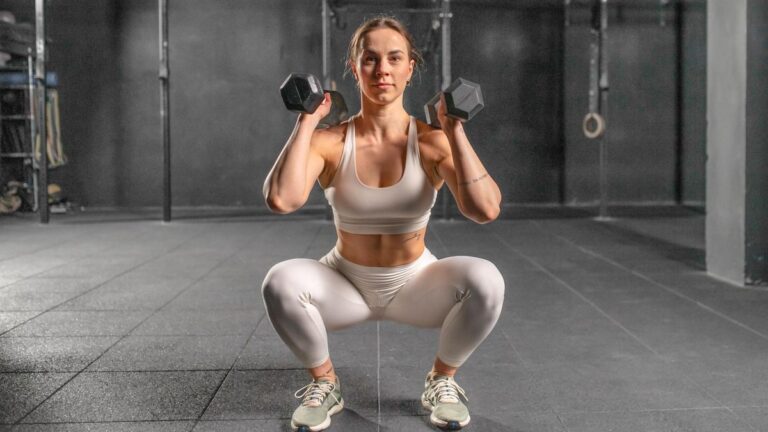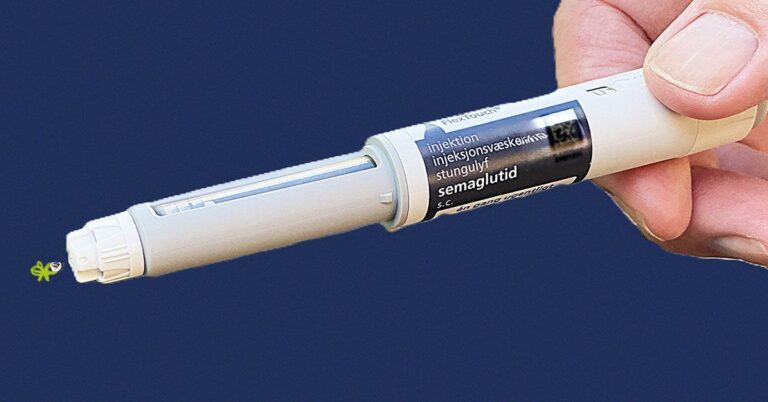Unlocking Biological Age: One Test Reveals Your True Age
Discover Your True Age: The Power of a Single Test
Have you ever pondered the concept of age? It’s such a strange idea, isn’t it? For some, age is merely a number, a ticket that denotes how long we’ve been around. For others, it can be a source of stress or anxiety. But what if I told you that there’s a way to uncover your “biological age”? Yes, your biological age may tell a different story than what’s written on your birthday cake. Thanks to recent advances, a single test now claims to reveal your true age. So, let’s unpack this fascinating concept and see what it’s all about!
What Is Biological Age?
First things first, let’s clarify what we mean by biological age. Picture a well-tended garden. If you treat it well—watering the plants, pulling the weeds, and giving it sunlight—your garden thrives. It might even grow faster than expected!
Similarly, your biological age reflects how well your body has been cared for over the years. It’s influenced by various factors including:
- Genetics: Just like seeds inherited from your grandparents, your genes play a significant role.
- Lifestyle: From your diet to how active you are, lifestyle choices greatly impact your biological health.
- Environmental Factors: Pollution, stress, and other external influences can accelerate aging.
So, while your chronological age might say you’re 30, your biological age could say you’re 25 or even 40! Isn’t that mind-blowing?
The Fascinating Science Behind Age Testing
You might be wondering, how can we actually measure this mysterious biological age? Well, researchers are using a wide array of scientific methods to peep inside our cells and measure various biomarkers. Think of it as your body’s report card. This test can assess:
- DNA Methylation: It’s like reading a book to see how much the main characters have changed over time.
- Telomere Length: Imagine the plastic tips on shoelaces; they protect the lace from fraying. When your telomeres get shorter, it’s a sign of aging.
- Hormone Levels: Fluctuating hormones can signal how well your body is keeping up with the years.
The Popularity of the Age Test
In recent years, the quest to determine biological age became a hot topic, not only among researchers but among regular folks like you and I. People want to know: can understanding our biological age help us live longer, healthier lives? The internet is sprinkled with articles claiming that knowledge is power, especially when it comes to aging.
With the rise of health technology, several companies have developed tests that claim to measure biological age. Some tests are user-friendly and can even be done from the comfort of your home. How cool is that? However, always remember the golden rule: consult with a medical professional before diving into any health test.
How Will This Test Change Your Life?
Imagine receiving a personalized roadmap to better health. A biological age test could provide you with:
- Custom Insights: You get recommendations tailored to your unique aging process.
- Preventive Actions: Knowing your biological age might inspire you to make healthier choices.
- Motivation to Change: No one wants the number to go up, right? Knowing that can be a powerful motivator!
Real-World Benefits of Knowing Your Biological Age
What if you knew that you could step off the aging treadmill? Consider these potential benefits:
-
Improved Lifestyle Choices: When you know you’re biologically older than your years, you might opt for more nutritious foods and work out more frequently.
-
Stress Reduction: It’s easier to deal with age-related anxieties if you comprehend where you stand biologically. Less stress equals healthier living!
-
Focus on Wellness: Rather than just counting down the days until your next birthday, you’ll be more engaged with every little choice you make—sleep, nutrition, mental health.
How Accurate Are These Tests?
While the concept of biological age is fascinating and offers individualized insights into health, the accuracy of these tests is still under fire. Here’s the scoop:
- Evolving Science: As research continually evolves, new techniques may yield better results.
- Limited Scope: Not all biological age tests are created equal. Some might focus on only a few markers, potentially overlooking the bigger picture.
When trying these tests, think of them as a GPS—it’s helpful and can guide your journey, but it’s not infallible.
Are There Risks Involved?
As with any health-related decision, there are a few things you need to keep in mind:
- Overemphasis on Numbers: One test shouldn’t define your entire life or health journey.
- Anxiety: Knowing your biological age could result in stress or anxiety for some people. It’s crucial to approach these tests with a healthy mentality.
Your Path Forward
So, you’ve taken the test and discovered your biological age. What comes next? Here are some refreshing ideas to help you seize control over your health journey:
- Consult Experts: By reaching out to health professionals, you’ll not only understand what the numbers mean, but you’ll also get actionable insights tailored to your needs.
- Set Realistic Goals: Transforming your lifestyle isn’t about drastic changes overnight. Small, consistent adjustments generally lead to long-lasting results.
- Emphasize Holistic Health: Prioritize mental, emotional, and physical well-being. They all intertwine, making it crucial to balance each aspect.
Conclusion
In the end, age can be just a number—or it can be a key to unlocking a brighter, healthier life. Thanks to advancements in science, we now have tools to gauge our biological age, providing insights that previously remained hidden. So next time you blow out your birthday candles, consider this: age is not the only defining factor of your life. Invest in your well-being, and you just might discover a younger you, waiting to be unleashed!
FAQs
1. How do I know if a biological age test is right for me?
It’s always best to consult with a healthcare professional who understands your personal health history and concerns.
2. Are the results of biological age tests reliable?
The reliability can vary based on the type of test and the biomarkers assessed; always approach results with a critical mindset.
3. How often should I take the biological age test?
Generally, taking the test annually or biannually can provide a good perspective on your health trajectory, but individual recommendations may vary.
4. Can lifestyle changes really influence my biological age?
Absolutely! Positive changes in diet, exercise, and stress management can significantly improve your biological health over time.
5. What are some lifestyle changes I can start with?
Small steps such as adding more fruits and veggies to your meals, taking brisk walks, or incorporating mindfulness practices can make impactful differences!







